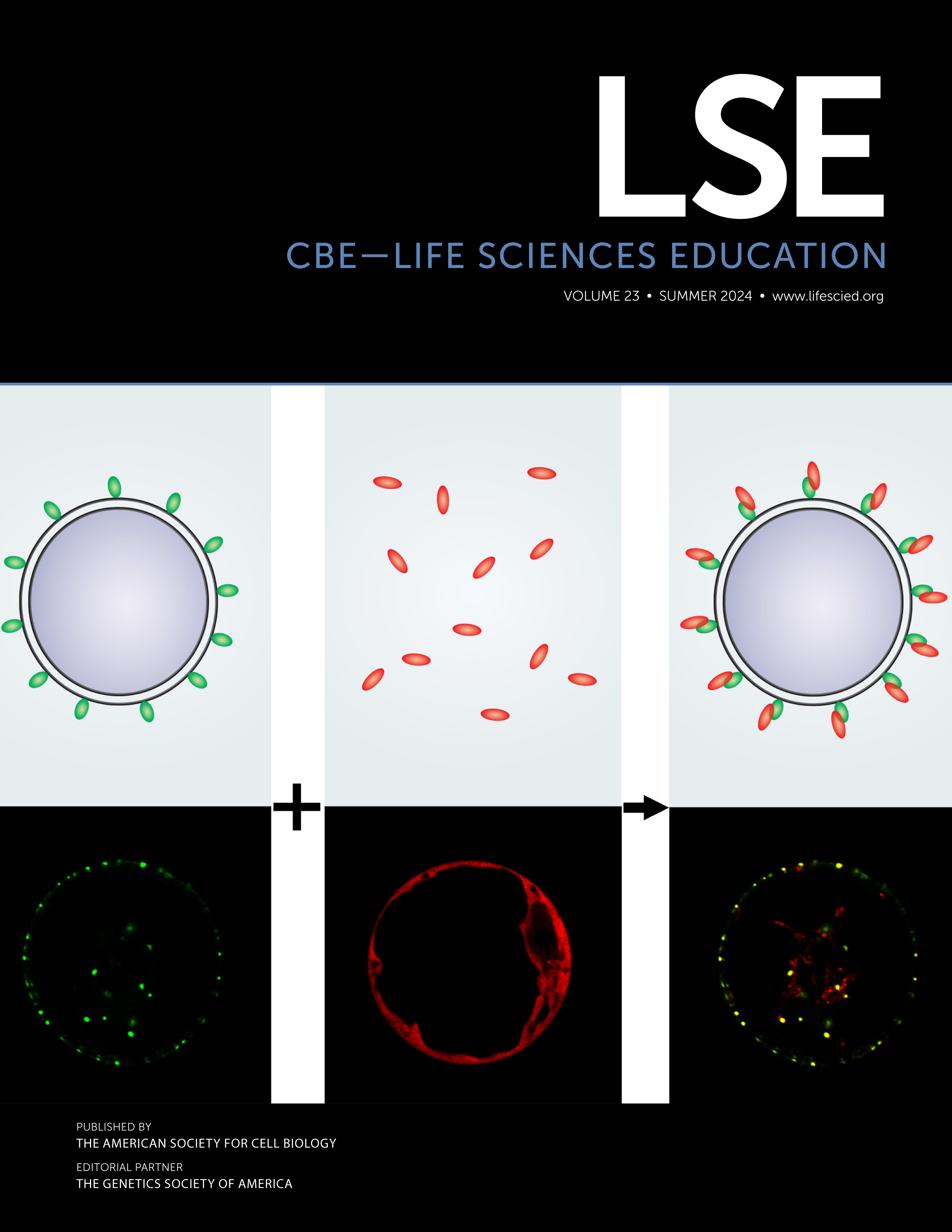What Makes a Good Match? Predictors of Quality Mentorship Among Doctoral Students
Abstract
Quality mentoring promotes graduate student success. Despite an abundance of practical advice, empirical evidence regarding how to match mentees and mentors to form quality mentoring relationships is lacking. Here, we examine the influence of variables theorized to predict mentorship support and quality in a national sample of 565 science doctoral students from 70 universities in 38 states. Our structural equation modeling results indicate that mentor rank, mentee capital, and the relationship matching mechanism (direct admissions, rotations) were not associated with higher-quality relationships. We found no support for the widely held belief that students whose mentors shared their gender, race, or ethnicity experienced greater mentorship quality. Rather, mentees who shared attitudes, beliefs, and values with their mentor, or whose mentors displayed greater cultural awareness experienced more supportive, higher quality mentoring. Furthermore, these patterns were largely consistent across both mentee and mentor demographic groups. These results highlight the potential benefits of pairing mentees and mentors who share personal and intrinsic qualities rather than demographic or surface-level attributes. Our findings also indicate that graduate students from marginalized backgrounds can be effectively mentored by faculty who are demographically dissimilar if their mentors engage in culturally aware mentorship.



